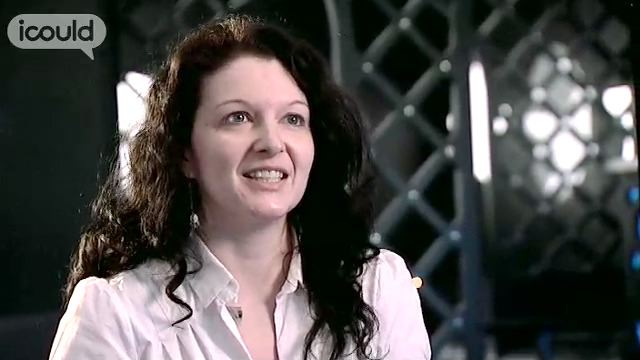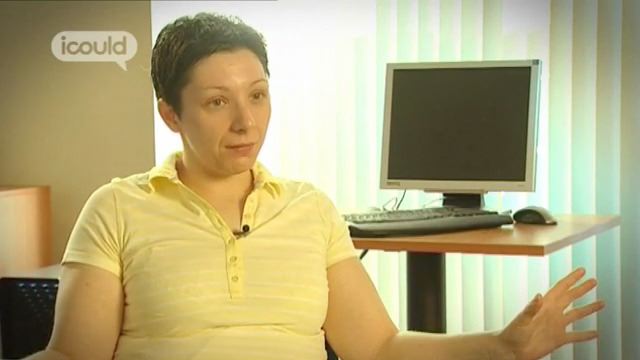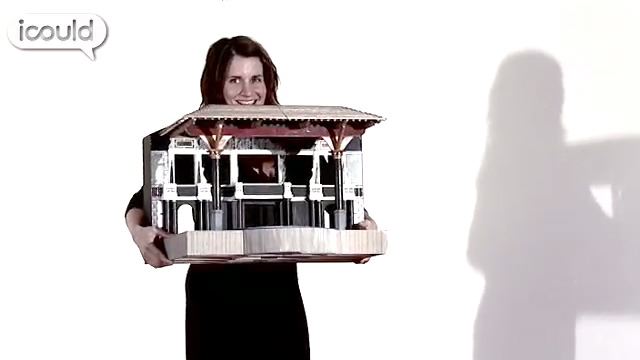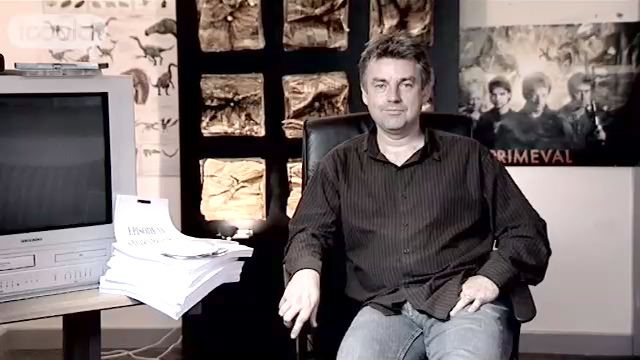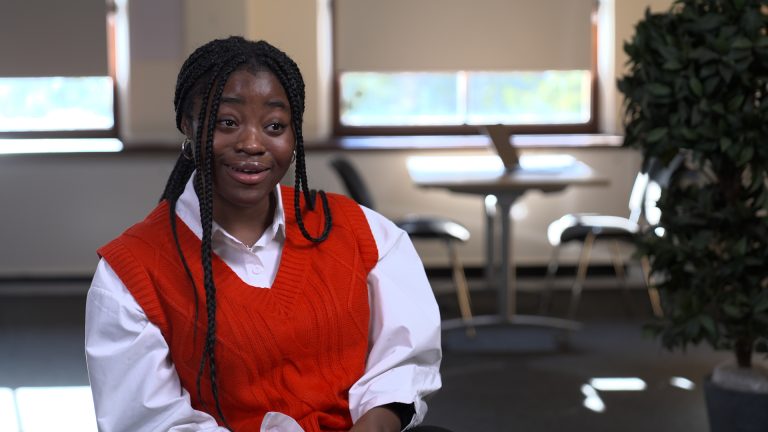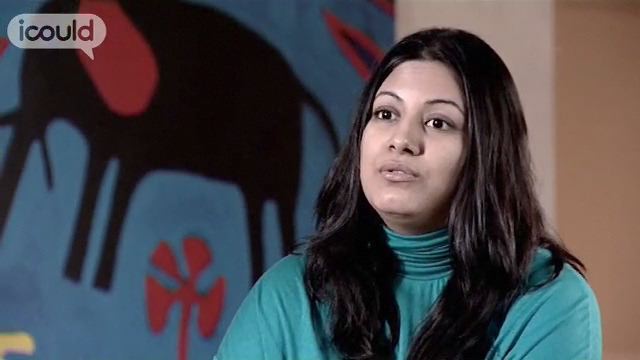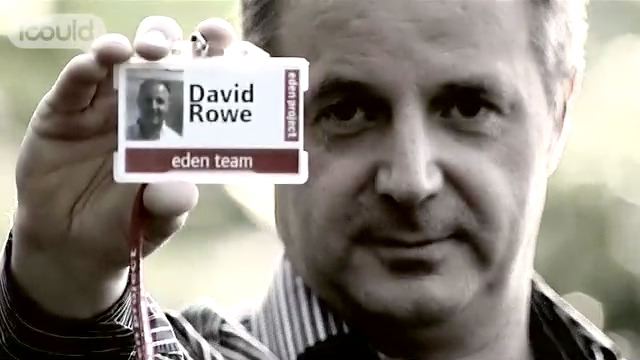Artist Manager
Freelance
Tyger R
00:00:02 My name’s Tyger R, and I’m an Artist Manager. You’ve got the record label, the press company, the booking agent, and you kind of co-ordinate all of those for the artist. So the idea is the artist kind of doesn’t have to do all those things, and so they can kind of spend their time being creative and writing music. You know the whole, the perk for the job is you don’t earn much money until, you know, a lot further down the line. But you get so many free gig tickets. I’m out four, five, you know, nights a week, to gigs. And you know sometimes it doesn’t really count as work, just socialising. But it’s definitely more than just an office job.
00:00:36 I remember last year going with a band to Roskilde, the Festival, and it was the first kind of Festival I’d been where I had a back stage pass and all this kind of stuff, and it was really exciting. I was sitting there, there was loads of bands. I remember standing on the side of the stage watching the Arctic Monkeys playing and those – those moments are really great. But it’s not worth doing it for those reasons, you know. It’s worth doing it if you wanna go out a lot, and see a lot of bands, and work really hard, then it’s worth doing it.
00:01:02 My father played the piano, and I’ve got two younger sisters, and we all play musical instruments. I was classically trained, I was in choirs, in orchestras, and all this kind of stuff, till I was very young. And it was only like when I was about 14 or 15 that I started actually listening to bands. So from there I just ended up, you know – my group of friends were all into bands – we just went to gigs like all, you know, all the time.
00:01:26 I think when I was 15 or 16, I didn’t really have any clear idea of what I wanted to do. I kind of – I did, you know, a lot of music at school, classical music, I was in a couple of bands. I decided I was going to do either Music or Maths at University, and I chose to do Maths because I didn’t want to do – I didn’t want to study classical music. If I went to University to study it, I would have lost that kind of love for wanting to just do it as music and not study it. So I thought I can do all the music stuff anyway, so I’ll get a good solid degree.
00:01:56 I got my first proper job at an advertising agency from just sending letters out. I think I wrote a really cheesy cover letter in like – that looked like a personal ad. It was like – young graduate looking for agency with a good sense of humour, or something. So I just sent those out, and then I got my first paid job. And then around the same time actually, I started running my own club night in Edinburgh, with two of my flat mates. And so I was doing that in my free time, and I think it just became apparently obvious to me, and everyone that I worked with, that I was just far more interested in that, and that’s kind of when I started to think – actually I want – I would like a job in music.
00:02:32 I applied for a job at Warp Records, and I got an interview. And I just thought, if I can get an interview after not having done that much in music, I could probably get a job in London. So I just left, just for one interview. Didn’t get the job, but then I was in London, and then I basically just went through everyone that I know and anyone that I know that I’d met in the last two years had anything to do with music, and just emailed them, wrote to them, and just kind of started like that basically.
00:03:02 I’ve had a moment where I really thought – why – why am I doing this? With management you work with artists for free to begin with, and you only get – you get twenty percent of the commission from the record label, once they sign. So I started working with this band that I knew, worked with them for a year, they got a deal, and during that period they told me they didn’t want a manager any more. And that was a real setback, I can’t remember – it was about six months ago. But now I’m looking after another band, you know, and I’ve learnt from all the stuff that I’ve worked on with them, how to deal with this. To be honest I’m really glad I’m not working with that band anymore, ’cause they’re a pain.
00:03:38 The ideal dream would be, you know, to manage somebody that I really love musically, and as people, still really credible, but sell loads of records! At some point I might move into different areas, maybe different job within music. But for the time being, for as far as I can see, this is what I want to do.
00:04:00 ENDS
Tyger looks after business for the artists, co-ordinating agents, press and record labels. “It’s worth doing it. If you wanna go out a lot, and see a lot of bands, and work really hard, then it’s worth doing it”.
More information about Arts officers, producers and directors
The UK average salary is £29,813
There are 37.5 hours in the average working week
The UK workforce is 47% female and 53% male
Future employment
- Chooses writers, scripts, technical staff and performers, and assumes overall responsibility for completion of project on time and within budget
- Directs actors, designers, camera team, sound crew and other production and technical staff to achieve desired effects
- Breaks script into scenes and formulates a shooting schedule that will be most economical in terms of time, location and sets
- Prepares rehearsal and production schedule for main events, design of sets and costumes, technical rehearsals and dress rehearsals
- Ensures necessary equipment, props, performers and technical staff are on set when required
- Manages health and safety issues
- Selects, contracts, markets and arranges for the presentation and/or distribution of performance, visual and heritage arts

